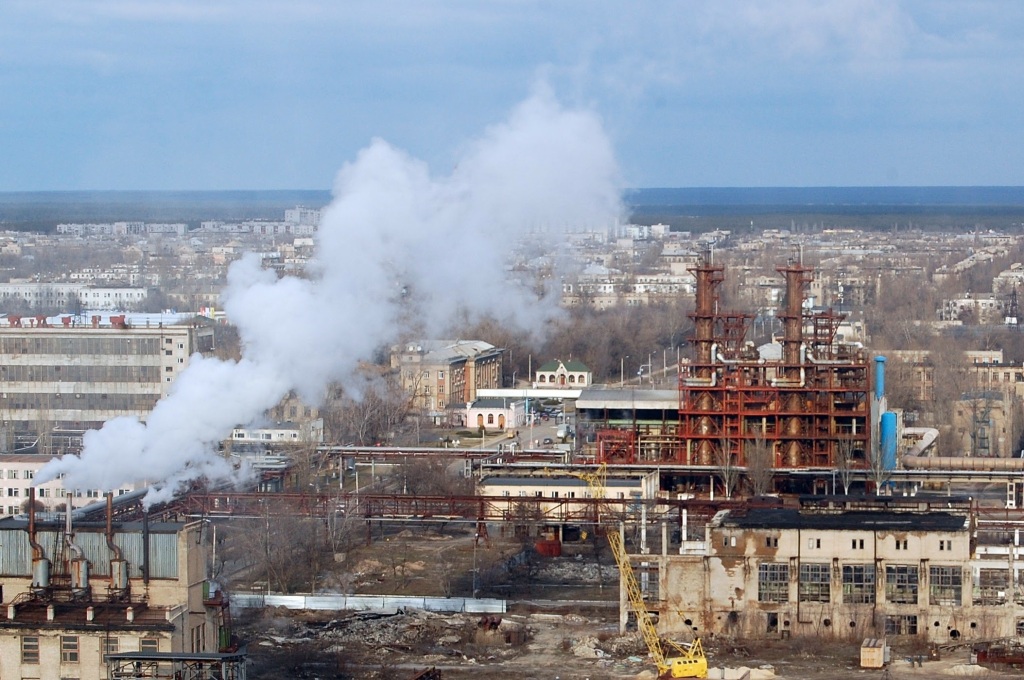
Russian forces are advancing on Lysychansk and Sieverodonetsk, taking settlements west of the town of Popasna in an attempt to encircle the city. Ukrainian authorities have tried to characterize their retreat as a tactical withdrawal. But recent Russian successes in the Donbas have been attributed to the sheer excess of materiel Russia brings to the field and difficulties in transferring donated heavy weapons to Ukrainian units that need them most. Acknowledging setbacks is crucial to understanding the war and determining an appropriate response, but it is also critical to consider the long term.

Russia’s early sweep of Northern Ukraine was transient, and when the West went to sleep fearing Kyiv and Kharkiv would fall, ninety nights passed, and both cities remained free. It goes without saying that Russia taking only 2% of Luhansk Oblast (by their own admission) in two months is not typical of what many consider the world’s second strongest military power. The Russian advance has been slow, with Ukraine afflicting high costs on the Russian army. Given Zelenskyy’s insistence that all Ukraine be restored, Russia is unlikely to be able to ‘freeze’ the warzone, as it may seek to do once more control is established over Luhansk. Russia has proven inexperienced with taking cities; urban warfare is no easy feat. It took the complete desolation of Mariupol for the city’s defenders to surrender after three months of resistance.
Now more than ever, it is crucial that NATO continues to provide heavy weapons to Ukraine and discuss interoperability between NATO Allies to deter Russian aggression against Finland, Sweden, and other vulnerable nations. A war of attrition is not a war that Russia can win; gone are the days when masses of troops can overpower superior technologies and, more importantly, economies. Sanctions have crippled Russia’s defense industry. The United Kingdom assesses that Russia will not be able to operate or replace much of its modern materiel if sanctions remain in place.
You must be logged in to post a comment.